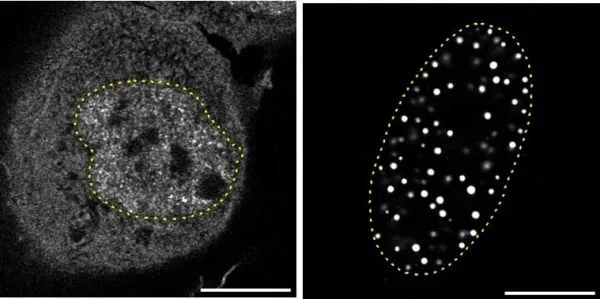Unlocking the Secrets of Kidney Cancer: Gene Rearrangements and Disease Progression
Researchers at Johns Hopkins have made a significant breakthrough in understanding how specific gene rearrangements contribute to the advancement of a rare form of kidney cancer. This discovery offers new avenues for potential therapies and improved patient outcomes.
Decoding Gene Combinations in Kidney Cancer
The study, a collaborative effort between the Johns Hopkins Kimmel Cancer Center and the Bloomberg School of Public Health, sheds light on the complex genetic mechanisms driving this particular type of kidney cancer. By identifying the specific combinations of rearranged genes, scientists are gaining valuable insights into the disease’s progression.
Key Findings of the Research
- Specific gene rearrangements play a crucial role in promoting the development and advancement of this rare kidney cancer.
- Understanding these genetic combinations can pave the way for targeted therapies.
- The research highlights the importance of investigating the genetic underpinnings of rare cancers.
Implications for Treatment and Future Research
This groundbreaking research has significant implications for the treatment of kidney cancer. The identification of specific gene combinations could lead to the development of personalized therapies that target these genetic drivers. Future research will focus on translating these findings into clinical applications, ultimately improving the lives of patients affected by this rare disease.
Potential Benefits
- More effective cancer treatments
- Personalized medicine approaches
- Improved patient outcomes
Final Words: A Promising Step Forward
The Johns Hopkins study represents a significant step forward in our understanding of kidney cancer. By unraveling the complexities of gene rearrangements, researchers are paving the way for new and improved treatments. This discovery offers hope for patients battling this rare and challenging disease.




+ There are no comments
Add yours